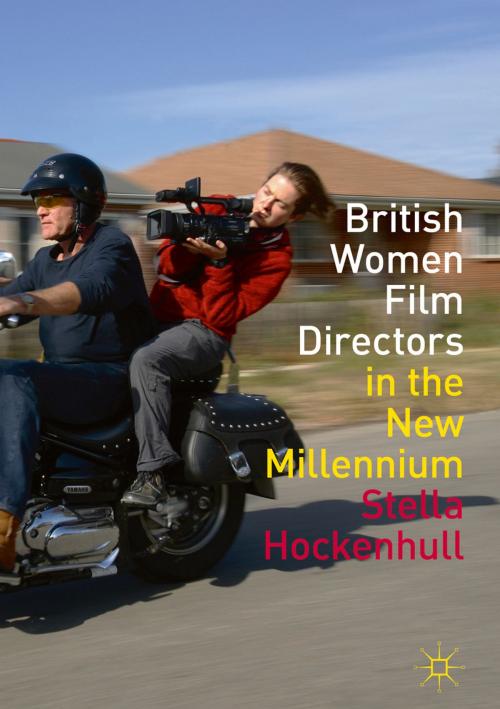British Women Film Directors in the New Millennium
Nonfiction, Entertainment, Film, Direction & Production, Social & Cultural Studies, Social Science, Gender Studies| Author: | Stella Hockenhull | ISBN: | 9781137489920 |
| Publisher: | Palgrave Macmillan UK | Publication: | April 27, 2017 |
| Imprint: | Palgrave Macmillan | Language: | English |
| Author: | Stella Hockenhull |
| ISBN: | 9781137489920 |
| Publisher: | Palgrave Macmillan UK |
| Publication: | April 27, 2017 |
| Imprint: | Palgrave Macmillan |
| Language: | English |
This book focuses on the output of women film directors in the period post Millennium when the number of female directors working within the film industry rose substantially. Despite the fact that nationally and internationally women film directors are underrepresented within the industry, there is a wealth of talent currently working in Britain. During the early part of the 2000s, the UKFC instigated policies and strategies for gender equality and since then the British Film Institute has continued to encourage diversity. British Women Directors in the New Millennium therefore examines the production, distribution and exhibition of female directors’ work in light of policy. The book is divided into two sections: part one includes a historical background of women directors working in the twentieth century before discussing the various diversity funding opportunities available since 2000. The second part of the book examines the innovation, creativity and resourcefulness of British female film directors, as well as the considerable variety of films that they produce, selecting specific examples for analysis in the process.
This book focuses on the output of women film directors in the period post Millennium when the number of female directors working within the film industry rose substantially. Despite the fact that nationally and internationally women film directors are underrepresented within the industry, there is a wealth of talent currently working in Britain. During the early part of the 2000s, the UKFC instigated policies and strategies for gender equality and since then the British Film Institute has continued to encourage diversity. British Women Directors in the New Millennium therefore examines the production, distribution and exhibition of female directors’ work in light of policy. The book is divided into two sections: part one includes a historical background of women directors working in the twentieth century before discussing the various diversity funding opportunities available since 2000. The second part of the book examines the innovation, creativity and resourcefulness of British female film directors, as well as the considerable variety of films that they produce, selecting specific examples for analysis in the process.















